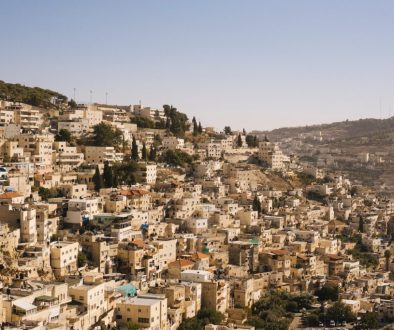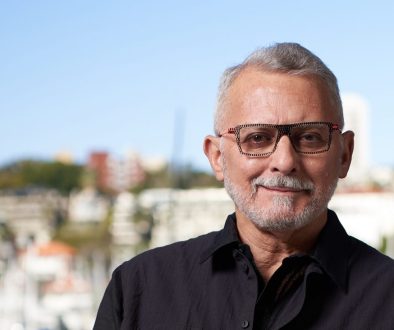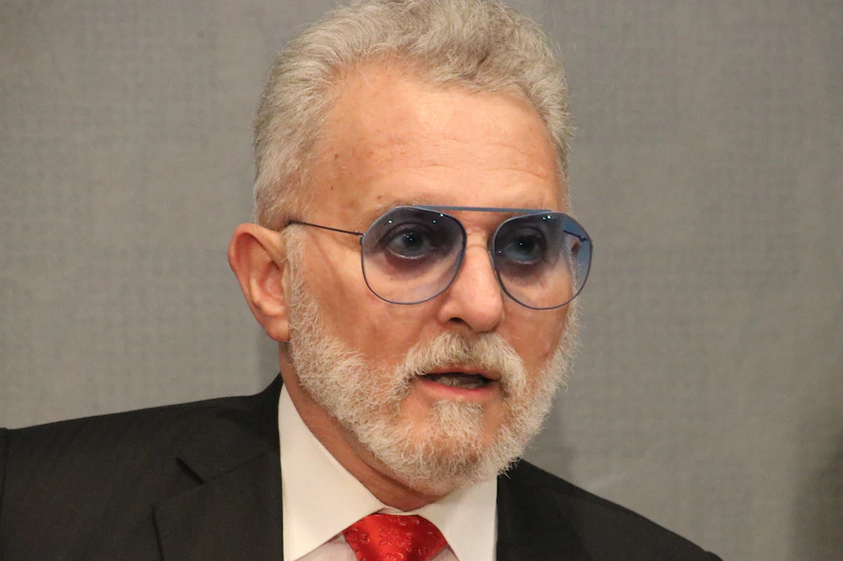
Lawyers to file Federal Court bid to halt transfer of children from Banksia Hill to Casuarina Prison
Stewart Levitt, from Levitt Robinson Solicitors, is representing families planning a class action over the treatment of children in WA’s only youth detention facility, Banksia Hill.
In July, the Department of Justice set up a special unit at a maximum security adult prison, Casuarina, to take children from Banksia who were deemed disruptive.
Mr Levitt said the transfers were resulting in the violation of the rights of the children.
He filed a complaint to the Australian Human Rights Commission last week.
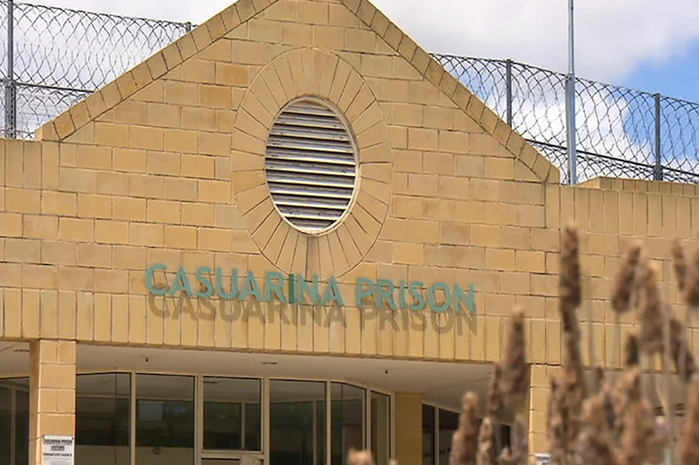
The Federal Court injunction will seek to protect the rights of children to remain in the purpose-built Banksia Hill during the Commission’s conciliation process.
The state government has defended its decision in the past as necessary to address extreme behavioural issues at Banksia Hill.
However, some teenagers may have been sent to Casuarina as a result of actions outside of Banksia Hill, according to Department of Justice Director-General Adam Tomison.
“If a young person has been involved in an incident which has led them to come into Banksia that’s quite significant, that young person – and I’m talking about quite dangerous – that young person may potentially have gone to Unit 18 on that basis.”
Mr Tomison defended past occurrences as “reasonable” when he addressed the Disability Royal Commission, which was hearing about conditions in WA’s justice system for people with disability.
“It wasn’t my decision but I’m certainly happy to back the department and Banksia Hill on making it … I think it was quite a serious incident and that was taken into account.”
The Commission’s senior counsel assisting Patrick Griffin also questioned Mr Tomison abut the welfare and treatment of detainees at Banksia Hill.
“Do you accept that detainees in Banksia were being subjected to cruel, inhuman or degrading treatment?” Mr Griffin asked.
“It’s not language I would use, but I will accept it,” Mr Tomison said.
‘Cruel and unusual’ policies targeted
The legal team is also expecting to file a class action in the Federal Court on behalf of children in WA’s youth justice system in a matter of weeks, seeking compensation for what they call the “cruel and unusual” policies of the WA government against youth offenders.
“These cruel policies which seemed only aimed at systemically eliminating children who come from deprived and dysfunctional homes forever,” he said.
“These children have no future because they’re deprived of education … They had no proper preparation for life.
“They have been stunted and cruelly treated and alienated in custody … without ever having an opportunity to build positive lives and to participate fully in Australian society.”
WA Corrections Minister Bill Johnston earlier this week announced a review of the state’s juvenile justice system by reviewing the Youth Offenders Act.
It will focus on whether it is effectively rehabilitating and diverting juvenile offenders while also protecting the community.
Mr Johnston said while diversion from the criminal justice system continued to be a priority, community protection remained a paramount consideration.
Banksia has half the staff it needs
On the final day of a five-day hearing into the detention of people with disability, it was revealed that Banksia Hill only has half the number of youth custodial officers it requires.
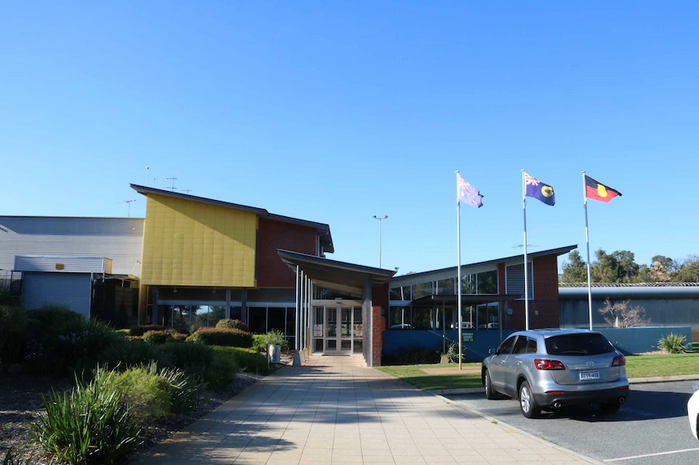
The Disability Royal Commission heard a number of detainees’ families and government witnesses made statements that staff shortages were a significant contributor to issues at the facility.
Banksia Hill Superintendent Wade Reid conceded it was “challenging” to operate at half of ideal staffing levels.
Mr Reid said there were currently 10 youth detainees at Casuarina — some were part of the initial transfer of 17 teenagers to the maximum security prison, while the remaining seven had either been moved back to Banksia Hill or released.
The commission also heard the facility had no First Nations staff in senior management, despite almost 80 per cent of detainees being Indigenous.
Mr Reid said while there were dedicated First Nations roles including Aboriginal youth support officers, more needed to be done to increase representation among senior staff.
Concerns over mental health, disability screening
Department of Justice records show that, as of August 30, there were 33 teenagers across Banksia Hill and Casuarina with intellectual or cognitive disabilities — making up about a third of youth detainees.
Mr Reid said he was not advised whether any of the teenagers that were relocated to the adult maximum security prison in July had mental health issues requiring intervention.
“I would be advised if someone had mental health issues where it made them unsuitable to be transferred to [Casuarina],” he said.
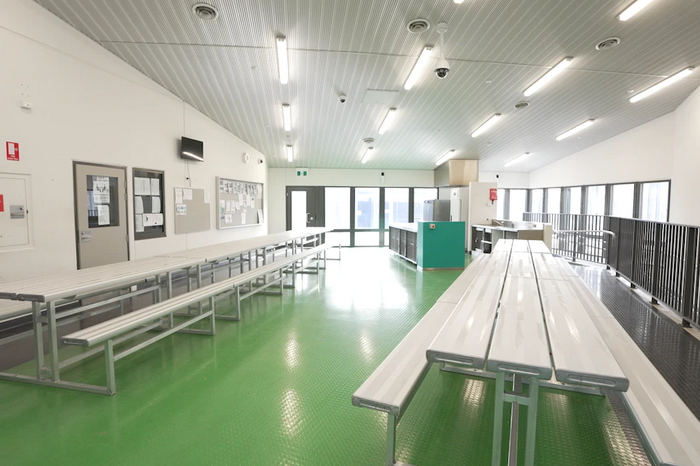
Past reports from the Inspector of Custodial Services have highlighted that screening processes were inadequate at identifying intellectual disability and cognitive impairments in young people in custody.
“It appears from the evidence the Royal Commission heard that this issue was not promptly addressed,” senior counsel assisting Patrick Griffin said.
Commissioner of Corrective Services Mike Reynolds said a new screening tool, which had been used over the past year, was “covering most of those issues”.
However, the Royal Commission has heard that only 28 per cent of WA’s adult prisoners have been screened, and screening levels at Banksia Hill are “much lower”.

